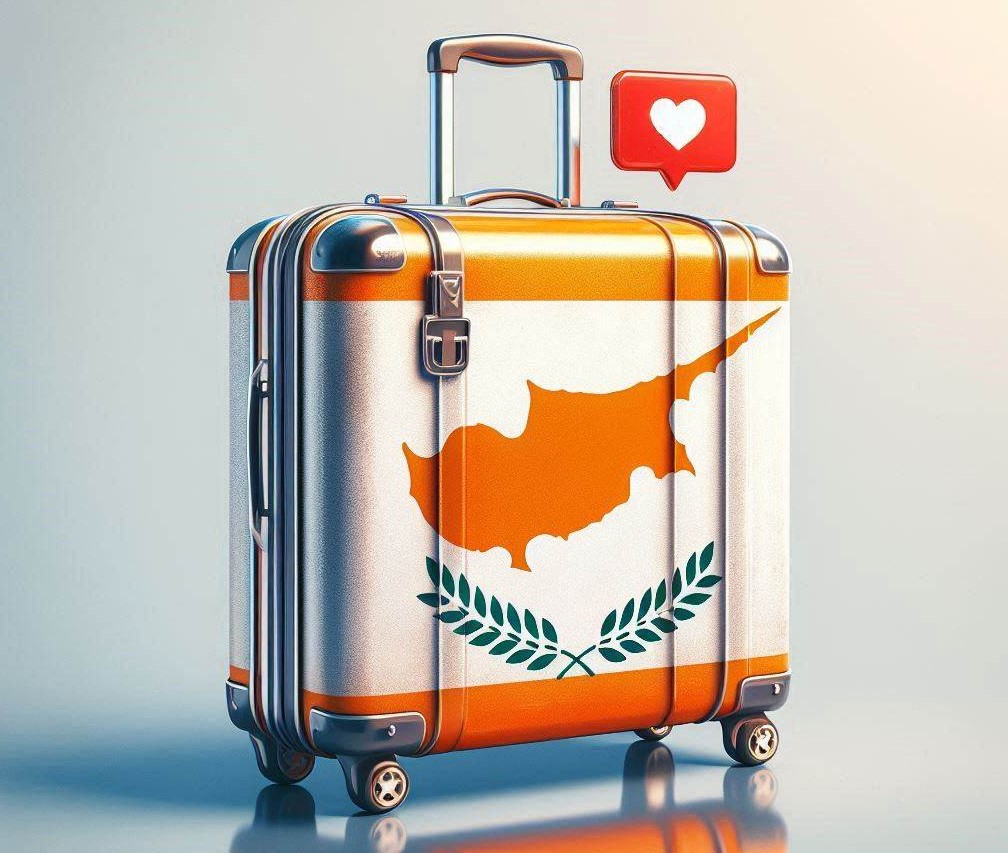Deputy Minister of Tourism Kostas Koumis on Friday expressed optimism about Cyprus’ tourism sector in 2025.
He pointed out that “strategic planning is essential” as the industry enters a new cycle with fresh challenges and evolving traveller expectations.
Koumis’ comments were delivered by tourism ministry general manager Costas Constantinou at at the opening ceremony of the 46th Cyprus hotel summit and Horeca Expo in Limassol, organised by the Cyprus Hotel Association (Pasyxe).
In his speech, the minister said that “the positive results of 2024 confirmed that tourism remains a vital pillar of the country’s economy”.
He stressed that, “with the right strategies, even the most significant challenges can be overcome”.
Moreover, he noted that “while there is reason for optimism in 2025, challenges from the previous year persist”.
These, he said, include ongoing geopolitical conflicts, air transport obstacles, and the expectation that Europe—Cyprus’ main tourism market—”will likely feel the impact of new US tariff policies”.
However, he expressed confidence that 2025 would be another successful year for the sector, emphasising the need to focus on the qualitative aspects of tourism rather than just the quantitative ones.
He pointed out that 2024 marked the end of a decade-long cycle for Cypriot tourism, with the industry now entering a new phase where global conditions, industry challenges, and traveller expectations have shifted.
“To remain competitive”, he said, “Cyprus must evolve and innovate”.
Addressing broader challenges affecting Cypriot tourism and other destinations, Koumis underlined climate change, infrastructure adequacy, labour shortages, and over-tourism.
He stressed that, while these issues are significant, they are not insurmountable if addressed through careful planning, collaboration, and a commitment to innovation.
He also noted the importance of adopting sustainable tourism practices, taking proactive measures against climate change, and investing in alternative destinations such as mountainous areas with cooler climates.
Extending the tourist season beyond the summer months, he said, was another priority.
He mentioned that the deputy ministry has already begun implementing initiatives promoting a greener approach where applicable.
Furthermore, he underlined the need to continuously promote Cyprus’ tourism product through innovative actions that go beyond the traditional sun-and-sea experience.
Developing and marketing special forms of tourism, where Cyprus has a competitive edge, is key to maintaining relevance and success.
He said the deputy ministry “plans to act as a hub for tourists seeking more personalised experiences and is already providing incentives for digital transformation among tourism service providers”.
This includes upgrading digital systems to better manage visitor flows and meet evolving demands.
Koumis also emphasised the importance of supporting local communities and businesses, ensuring they retain their traditions and remain actively involved in tourism planning and management.
He stressed the necessity of “maintaining Cyprus’ reputation as a safe destination, particularly in times of crisis, while fostering collaboration among all stakeholders in the tourism sector.”
Concluding, he stated that by addressing future challenges and seizing opportunities through sustainability, innovation, and cooperation, Cyprus can remain a competitive tourism destination in the years ahead.
Meanwhile, president of the Cyprus Hoteliers Association (Pasyxe) Thanos Michaelides, expressed similar optimism about the industry’s future, referencing 2024 statistics and ongoing challenges.
He noted that the year set a record with over four million visitors, demonstrating the resilience and adaptability of Cypriot tourism despite geopolitical uncertainties.
Encouragingly, he pointed to increases in visitor numbers during the non-summer months—March saw a 10 per cent rise in arrivals compared to 2023, November recorded a 13 per cent increase, and December saw an 8 per cent rise.
These figures, he said, suggest that extending hotel operations year-round is feasible, provided there is a well-defined strategy to attract more travellers between November and March.
Michaelides stressed the importance of investing in diverse tourism sectors, such as sports tourism, hiking, special entertainment events, international conferences, wine tours, guided archaeological and religious site visits, and artistic events.
He maintained that tackling seasonality requires a multifaceted approach, as there is no single solution.
By lengthening the tourist season beyond peak months, he argued, the labour market could achieve greater balance throughout the year, improving sector profitability and encouraging further investment in hotels.
He also addressed key challenges such as labour market and infrastructure constraints, the growing need for environmentally sustainable practices, and the regulation of Airbnb-style accommodation.
Additionally, he emphasised the importance of leveraging artificial intelligence to maintain competitiveness, given its increasing influence on business operations.
Pasyxe, he said, remains optimistic and committed to playing a pivotal role in Cyprus’ economic development.
However, he emphasised the need for stronger collaboration between the private and public sectors to navigate an increasingly competitive and complex environment.
To measure and enhance performance, he encouraged a robust data collection system, allowing for informed, evidence-based decision-making.
Confident that the industry will overcome upcoming challenges, Michaelides concluded by reaffirming Pasyxe’s longstanding commitment, as the oldest association in Cyprus since 1936, to shaping a prosperous future for the sector and the country.






Click here to change your cookie preferences